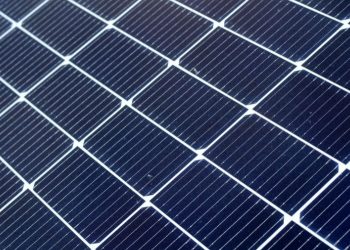The Michigan State House passed a package of bills on November 3 that sets a statewide requirement for utilities to get all of their electricity from carbon-free sources by 2040 and invest in energy efficiency. The legislation now returns to the state Senate for reconciliation and then heads to Gov. Gretchen Whitmer’s desk.
If the governor signs the Clean Energy Future bills (Senate Bills 271, 273 and 502), Michigan will codify a number of crucial clean energy goals and actions, including:
- A 100% clean electricity standard by 2040
- Requiring utilities to get 15% of their electricity from renewable energy sources — such as wind or solar — through 2029 and then increase the amount of electricity that’s generated from renewables to 50% by 2030 and 60% by 2035.
- An energy storage standard of 2.5 GW by 2030
- Raising caps on distributed energy sources such as rooftop solar
- Increasing electric utility energy efficiency savings requirements and goals
- Clarifying that energy efficiency programs don’t discourage building electrification
The package of bills cleared the Michigan Senate in late October. With the governor’s signature, Michigan will join 11 other states with commitments to 100% clean or renewable energy.
“Michigan is joining the ranks of states who are leading the charge toward a future powered entirely by clean, renewable energy. With Governor Whitmer expected to sign these important bills into law, Michigan solidifies its place as a regional and national clean energy leader,” said Johanna Neumann, senior director of Environment America’s Campaign for 100% Renewable Energy, in a press statement. “Michigan has abundant renewable energy potential. Wind power alone could power the state almost 4 times over and enough sunshine hits Michigan to meet 55 times the state’s 2020 electricity demand.
SEIA celebrated the bill’s progress, saying it will go a long way toward solar + storage buildout in the state.
“This legislation marks a historic step forward for Michigan’s clean energy economy. The package will bring billions of dollars of investments and thousands of new jobs to the state — from project development and installation to manufacturing,” said Markus Pitchford, central regional director for SEIA, in a press statement. “It features provisions to support solar and storage projects of all sizes, including a significant boost to net metering caps for rooftop solar and siting and permitting reforms that are critical for large-scale solar and storage development. The solar and storage industry looks forward to working with the Whitmer administration, as well as state and local agencies, to implement this monumental law.”
News item from Environment America


















